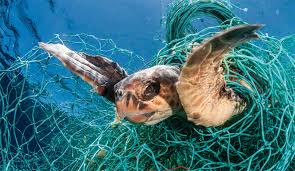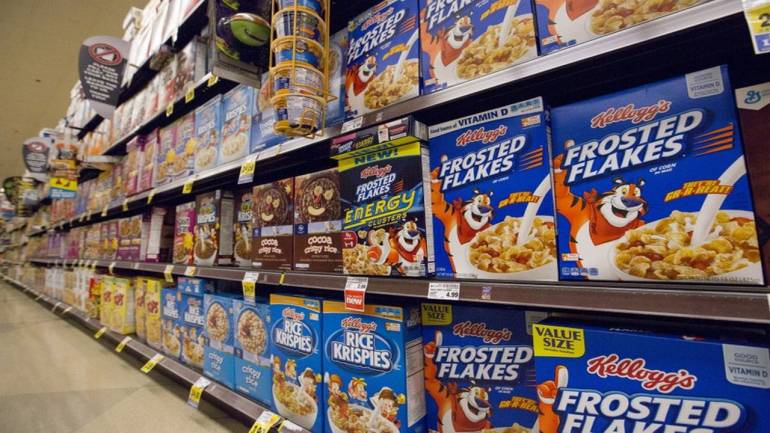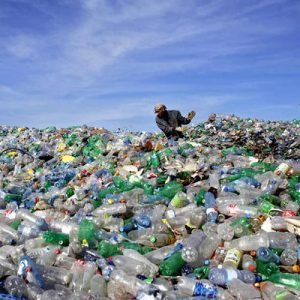The government is to introduce a new tax on plastic packaging as it seeks to ramp up efforts to tackle the scourge of litter and waste from single-use plastics, it was confirmed in the budget. Food and drink companies will be taxed on plastic packaging that does not include at least 30% recycled content, in a drive to reduce dependence on “virgin plastics” that are difficult or impossible to recycle, such as black food trays and plastic straws. But the
Business giants, financial investors, non-profit organisations and national Governments have vowed to eradicate plastic waste and pollution, as part of a new Global Commitment spearheaded by the Ellen MacArthur Foundation. The UK and Scottish Governments are among the five governments and cities to sign up The New Plastics Economy Global Commitment will be launched in collaboration with the UN Environment at the Our Ocean Conference in Bali later today (29 October). The Commitment aims to create a “new normal”
Supermarket giant Tesco and consumer goods firm Nestlé have joined a coalition of businesses, non-profits and public sector bodies which have pledged to tackle the 640,000 tonnes of fishing gear abandoned in the world’s oceans each year. The GGGI currently funnels $1m into these projects annually, but this will rise to $2m next year The companies are the latest signatories to the Global Ghost Gear Initiative (GGGI), which was set up by non-profit World Animal Protection in 2015 in a bid to
Big brands – from Coke to Kellogg – pledged on Monday to cut all plastic waste from their operations in what the United Nations called the most ambitious effort yet to fight plastic pollution. The initiative comes as public pressure mounts on manufacturers and retailers to pare back the deluge of plastic packaging that is clogging landfills and choking the seas. “We know that cleaning up plastics from our beaches and oceans is vital, but this does not stop the tide of
Consumer goods giant Unilever has today (24 October) agreed a partnership with waste management Veolia, which will see the companies work together to develop innovative solutions to the plastic waste crisis. Through the partnership, the two companies will invest in recycling structure capacity and develop new, closed-loop processes and business models Under the new partnership, the firms will partner for a three-year period to develop emerging technologies that could create circular economy solutions for the world’s plastic waste streams. Starting in India and
The European Parliament has voted for a complete ban on a range of single-use plastics across the union in a bid to stop pollution of the oceans. MEPs backed a ban on plastic cutlery and plates, cotton buds, straws, drink-stirrers and balloon sticks. The proposal also calls for a reduction in single-use plastic for food and drink containers like plastic cups. One MEP said, if no action was taken, “by 2050 there will be more plastic than fish in the oceans”. The European
Small plastic pieces known as microplastics were found in stool samples of every participant in a small pilot study presented this week at a prestigious global gastroenterology conference. Researchers from the Environment Agency Austria and the Medical University of Vienna followed eight healthy volunteers from different parts of the world (Finland, Italy, Japan, the Netherlands, Poland, Russia, United Kingdom and Austria). The participants kept a diary of the food and drink they consumed for a week. Then, researchers tested their stool for 10
The world’s oceans are awash in plastic, and the problem is only getting worse. Each year, 8 million metric tons of plastic debris ends up in the oceans, and that’s on top of the 150 million metric tons already in marine environments. The debris ensnares seabirds, starves whales and infiltrates the entire marine food chain — including humans, too, when we eat seafood. Recently, there have been some high-profile efforts to remove plastic debris
As the war on plastics continues to gather pace, a string of corporates including Reebok and Lego have moved to incorporate bioplastics into their products in a shift away from fossil fuel-based materials. But with critics citing the ethical and environmental pitfalls of using farmland to grow plants for plastics rather than produce, Canadian startup Genecis has developed a method that allows food waste – rather than fresh crops – to be
The UK’s biggest crisp brand Walkers has unveiled plans to launch a nationwide crisp packet recycling scheme, following months of consumer protests against its hard-to-recycle packaging. Walkers currently produces more than 7,000 non-recyclable crisp packets every minute. image: Si Griffiths The company, which is a subsidiary of global food and beverage giant PepsiCo, has partnered with recycling firm TerraCycle to develop a method of recycling the packets. The method involves cleaning and shredding the metallised film, allowing it to be melted into small












